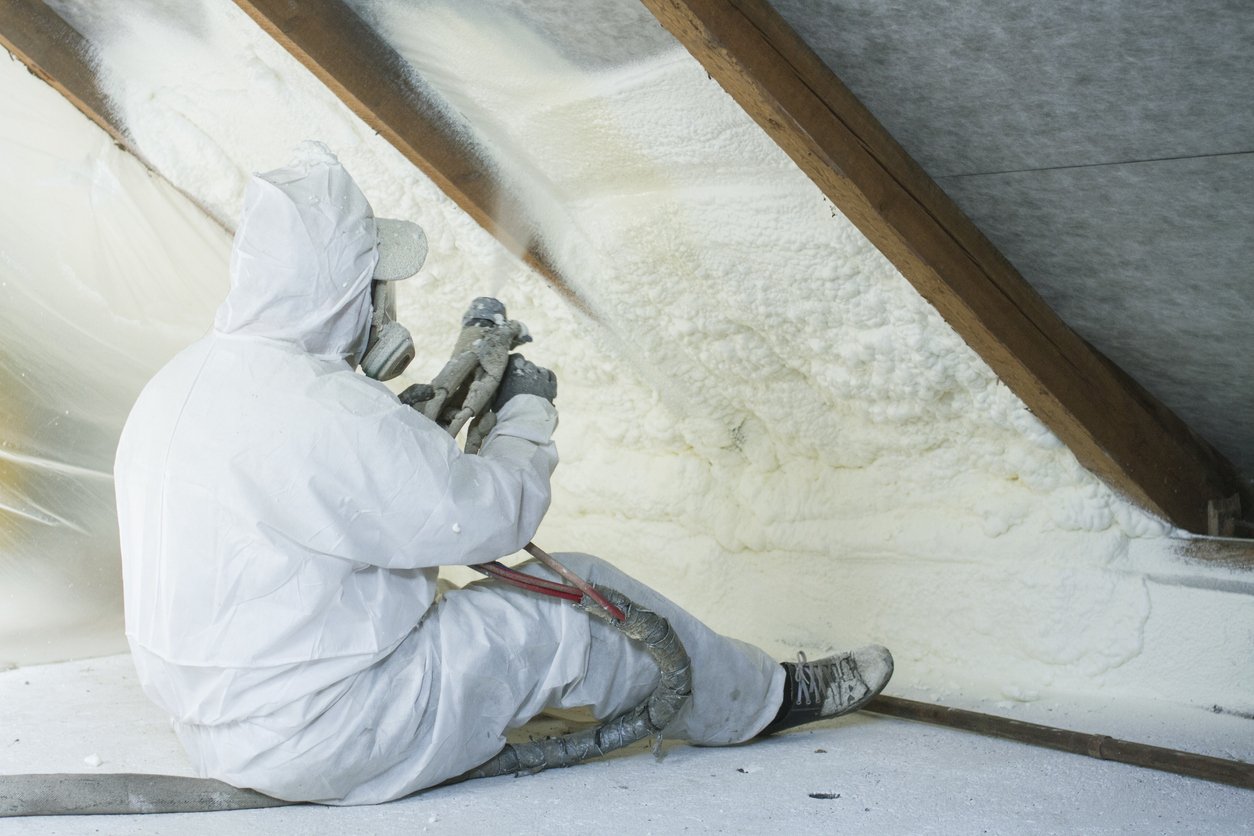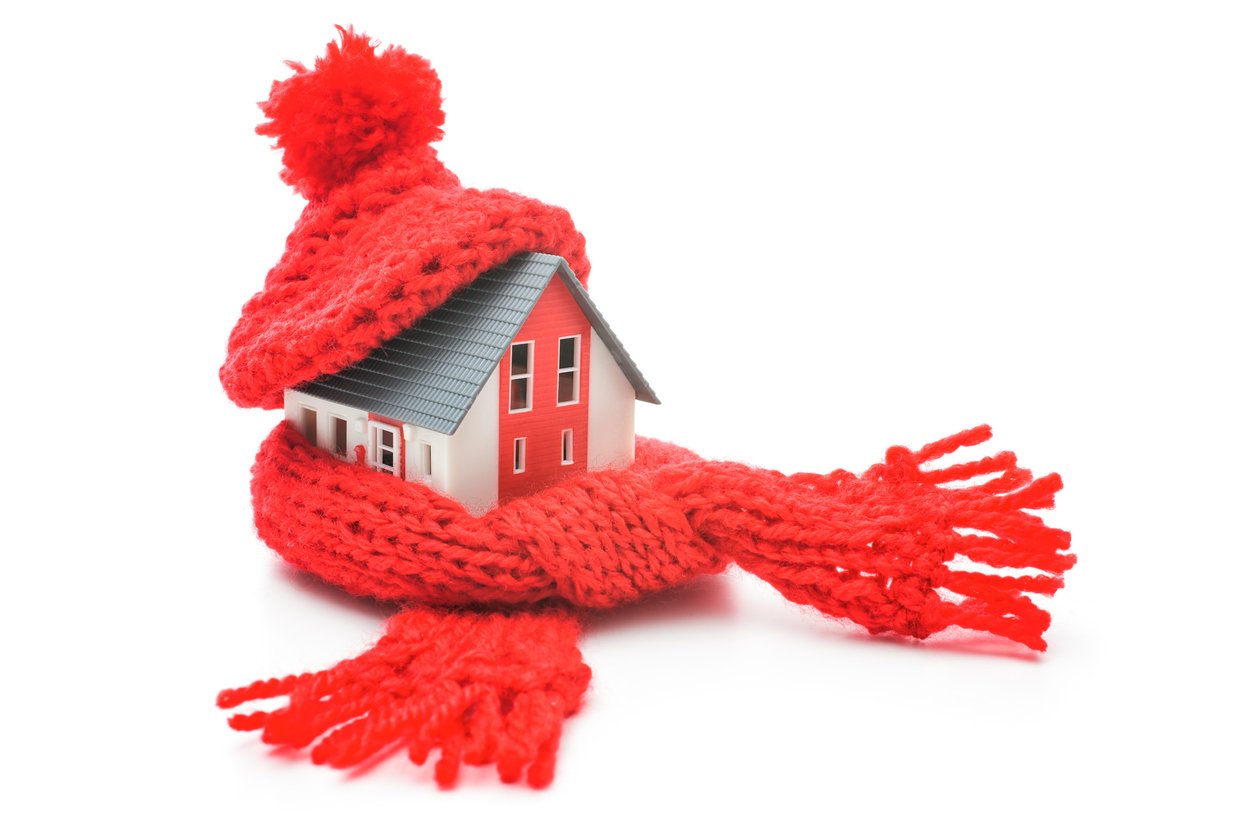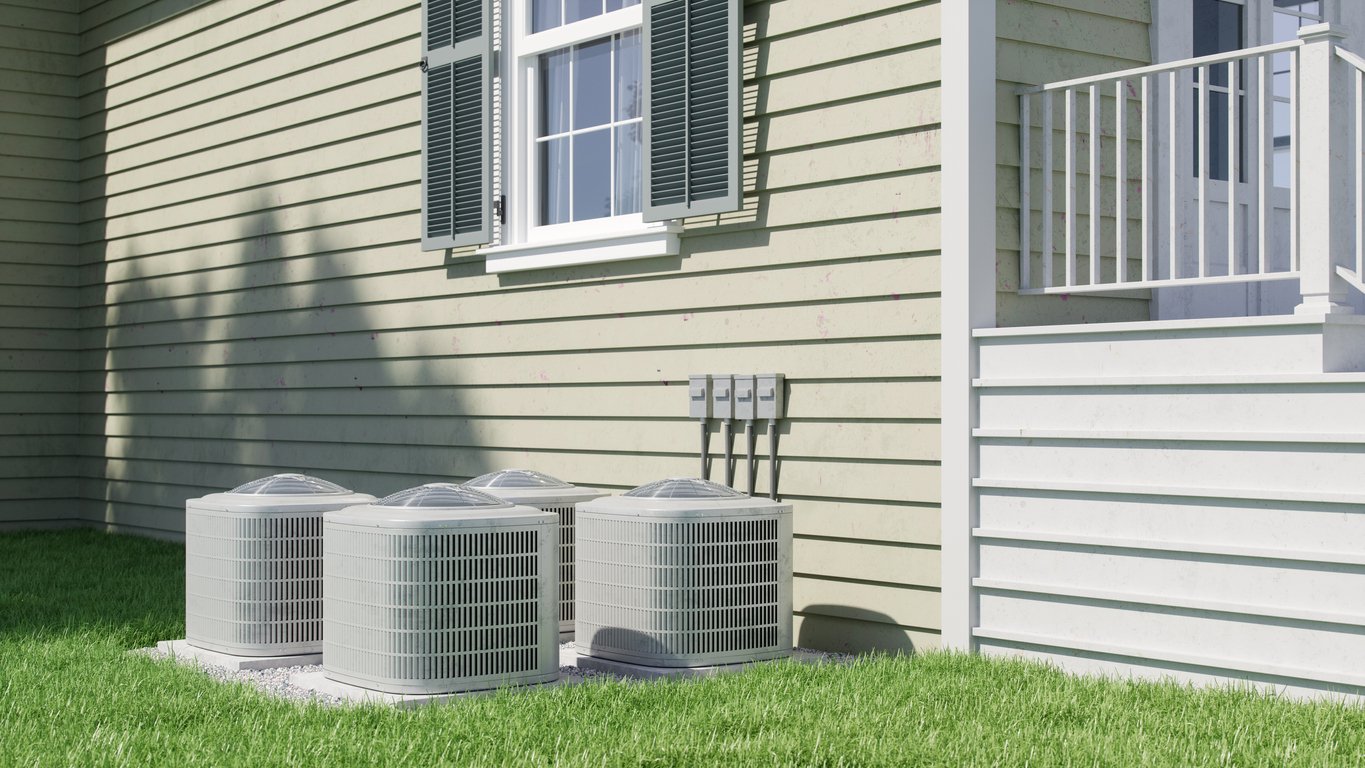As we get into the winter season, we become much more aware of how important our furnace is to the sanctity of our home. This is the perfect time to think about furnace upgrades that can make your living situation even better. Here we'll discuss some of the most popular furnace upgrades.
Smart Thermostat
Although your thermostat isn't a part of the furnace itself, it's an integral part of your overall heating system. If you haven't already upgraded your thermostat to a smart model, now's the perfect time. Smart thermostats will give you better control over your home's heating, allowing you to set the times at which the equipment is on and off. Changes can be done remotely, which means you can warm up your home before you arrive.
Zoned HVAC System
If you really want to upgrade the way your furnace operates, then you should definitely consider installing a zoned system. A zoned HVAC system allows you to divide your home into designated "zones," each of which can be individually heated or cooled as needed. This saves a lot of energy because you're not being forced to heat up your entire home when only one or two rooms are occupied.
Solar-Powered HVAC System
The future of the world is sustainable energy. There are a few different types of green energy available to homeowners, but the most popular one, by far, is the use of solar power. Upgrading your HVAC system, which would include your furnace, will make your home much more efficient. Plus, you may be eligible for local and federal tax credits.
UV Light System
If you want to improve your indoor air quality you may want to consider installing a UV light system within your HVAC equipment. Of all the furnace upgrades you can arrange, this is great for those who are susceptible to airborne contaminants. By installing UV lights inside the system, usually at the point of the return duct, you'll be able to kill 99.9% of pollutants that may enter your air and endanger your household.
If you have any questions about furnace upgrades or you'd like to schedule service, reach out to the experts at Air Assurance today. Our team has been servicing Broken Arrow and the nearby areas since 1985.

















